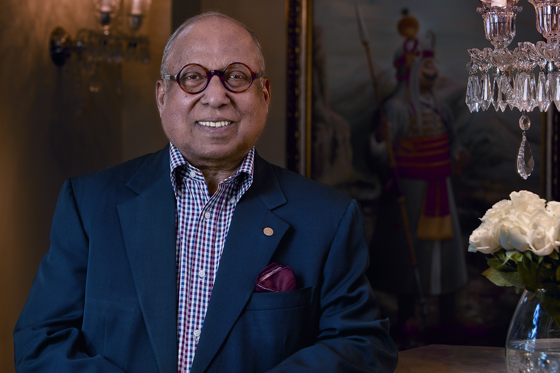Guidelines in using the Probing Technique
Request permission and then ask a few closed questions to get the client’s response and to know his inclination. [Explain that you are asking these questions to be able to subsequently match your product/service with his need].
Subsequently, ask open questions to get more details. Do not ask too many questions which may irritate the client. It is recommended to provide some info about your company/product after asking a few questions.
Note: Questions using ‘Why’ and ‘Who’ are tricky and should be used with caution.



